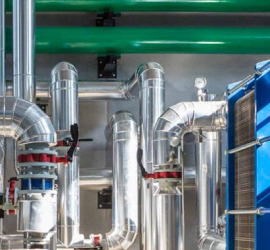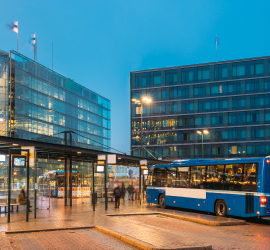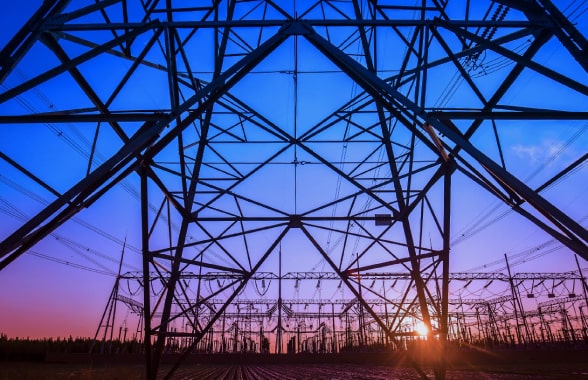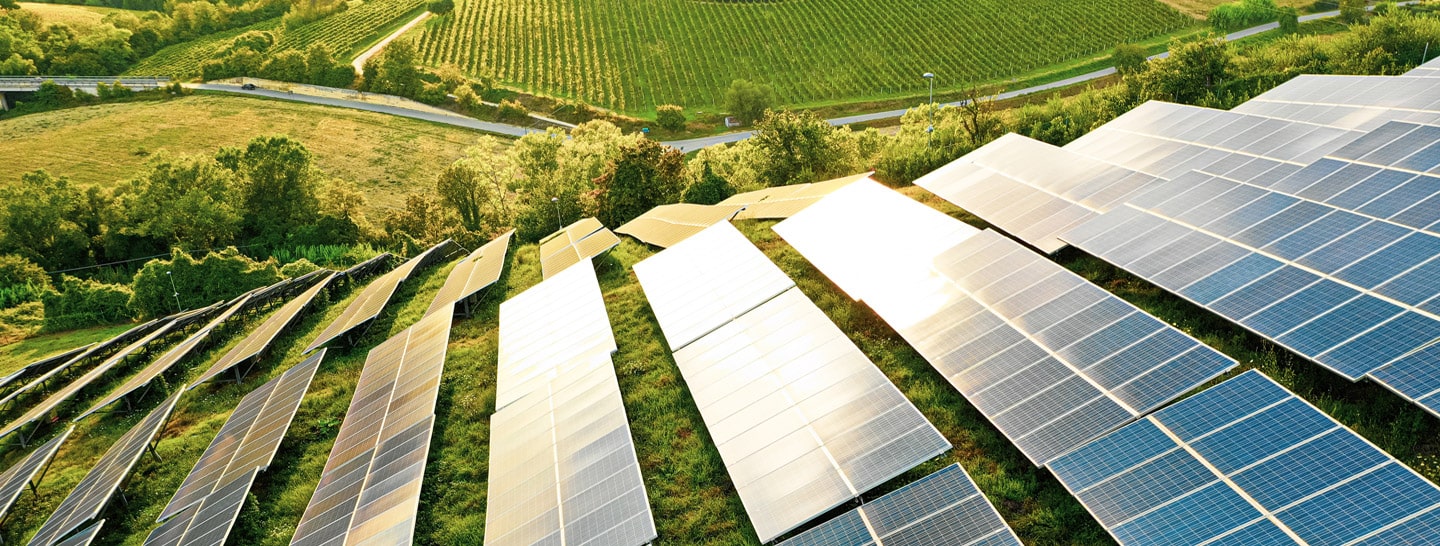Why is energy transition important?

What are the benefits of energy transition?
- Creating new jobs: according to the UNDP, the energy transition could lead to the creation of 30 million new jobs;
- Underpinning sustainable development;
- Improving health by reducing pollution;
- Generating economic growth;
- Creating new ‘green technology’ investment opportunities;
- Reducing wasteful subsidies - to the tune of some $423 billion annually - that governments can spend on other services to improve citizens’ lives.

- Reducing climate change-induced natural disasters: Cutting carbon emissions by 45% by 2030, and then to net zero by 2050, would keep global warming at no more than 1.5℃ below pre-industrial levels, ensuring that the impacts of climate change - such as rising sea levels, floods, wildfires, drought and higher temperatures - do not become more severe compared with the present;
- Allowing for cleaner air, which would reduce diseases caused by pollution, delivering important health benefits;
- Supporting conservation of natural resources, thereby protecting the biodiversity that supports life on the planet as we know it;
- Reducing exposure to fluctuations in fossil fuel prices from geopolitics, resulting in more reliably-priced energy supply, helping businesses and families plan for the future.
Overall, the energy transition’s impact extends far beyond the environment, touching nearly every aspect of society.
What does the energy transition mean for society?
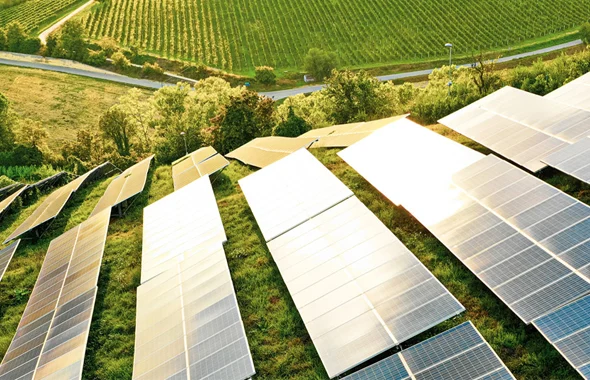
The energy transition advantages for society e offer a huge opportunity to boost sustainable economic well-being, employment growth, and the social development of the communities involved.
The evolution of renewable technologies will create completely new “green” jobs that will more than offset those lost to traditional fossil fuel sectors, according to the International Energy Agency’s World Energy Outlook 2021, which estimates that a total of 13 million new jobs could be created by 2030.
The energy transition, after an initial investment, can reduce energy bills and industrial costs, thereby freeing up capital for investment in other areas such as sustainable business and development models.
Investment in sustainable projects and the application of circular economy models as part of the energy transition can be a tool for social equity, and a way to rebalance fairness between parts of the world that are at different stages of their development. The energy transition is a one-off opportunity to tackle energy poverty in which people are unable to ensure the adequate heating (or cooling) of their homes or an adequate supply of energy for domestic uses.

